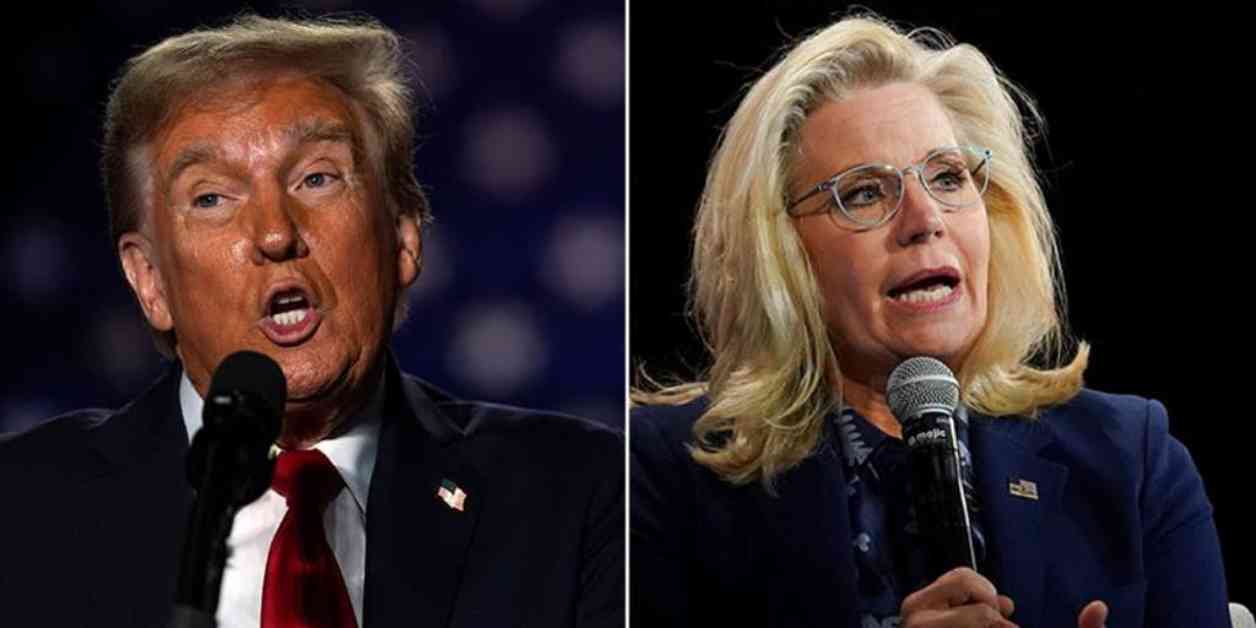Former President Trump reiterated his comments about Liz Cheney during a campaign stop, calling her a “war hawk” and questioning her courage to fight on the front lines. Trump clarified that when he said Cheney lacked the “guts” to fight in a war zone, he meant that she wouldn’t have the courage to engage in combat herself. He criticized her father’s involvement in wars that led to death and destruction, stating that such individuals shouldn’t be in charge of the country.
Trump’s remarks received backlash from Democrats and liberals, who accused him of promoting violent rhetoric by suggesting Cheney should face a firing squad. Vice President Harris labeled Trump’s comments as “disqualifying,” emphasizing that any presidential candidate using such violent language is unfit for office.
Cheney, a Republican who endorsed Harris for president, condemned Trump’s statements as a tactic used by dictators to suppress dissent and threatened those who oppose them. She highlighted the importance of not allowing a vindictive and tyrannical individual to undermine the country’s freedom.
In response to accusations of promoting violence against Trump, Republicans pointed out that Democrats have also used inflammatory language, labeling him as a “fascist” and a threat to democracy. The concerns over potential violence were heightened by previous attempts on Trump’s life, including an incident where he was shot by an assailant and targeted by another near his Florida residence.
The ongoing tensions between political figures like Trump and Cheney underscore the deep divides within the political landscape. The exchange of harsh rhetoric and accusations not only reflects personal animosities but also raises concerns about the impact of such language on public discourse and potential repercussions in a polarized society. As the political climate remains charged, the need for constructive dialogue and respectful disagreements becomes increasingly crucial to uphold democratic values and ensure a peaceful transition of power.




